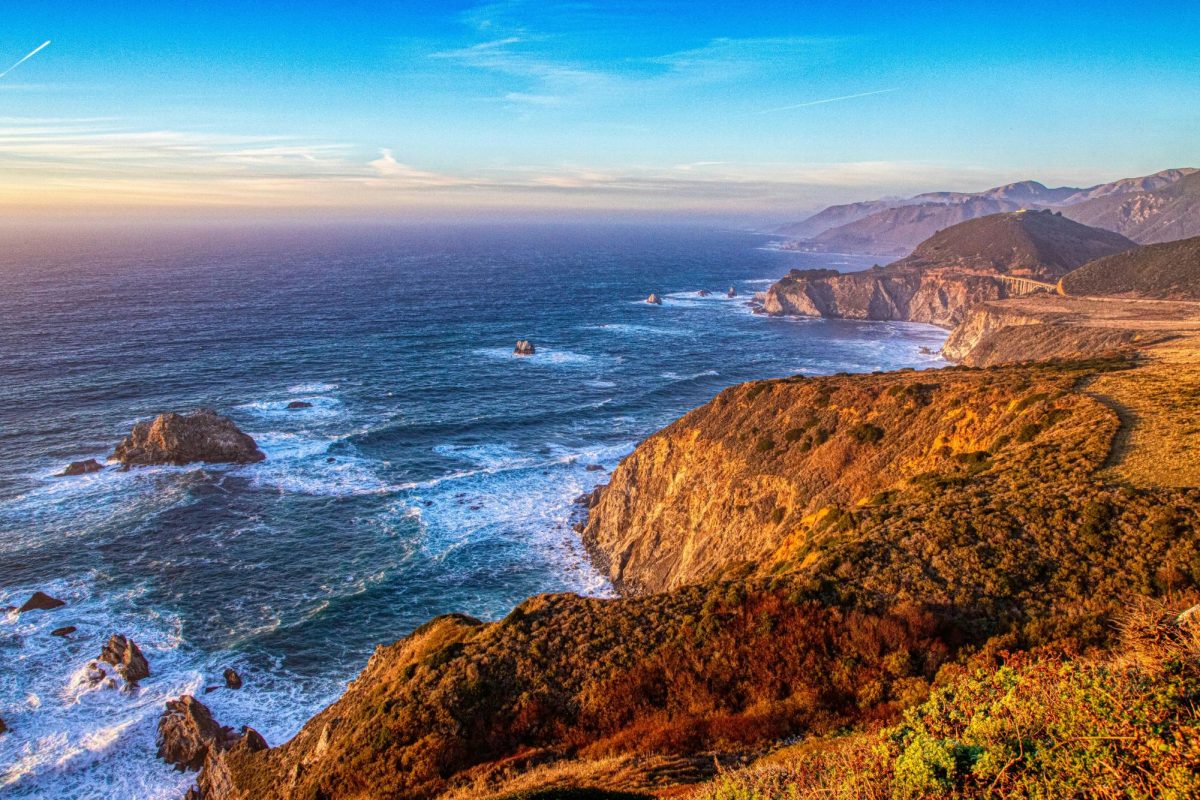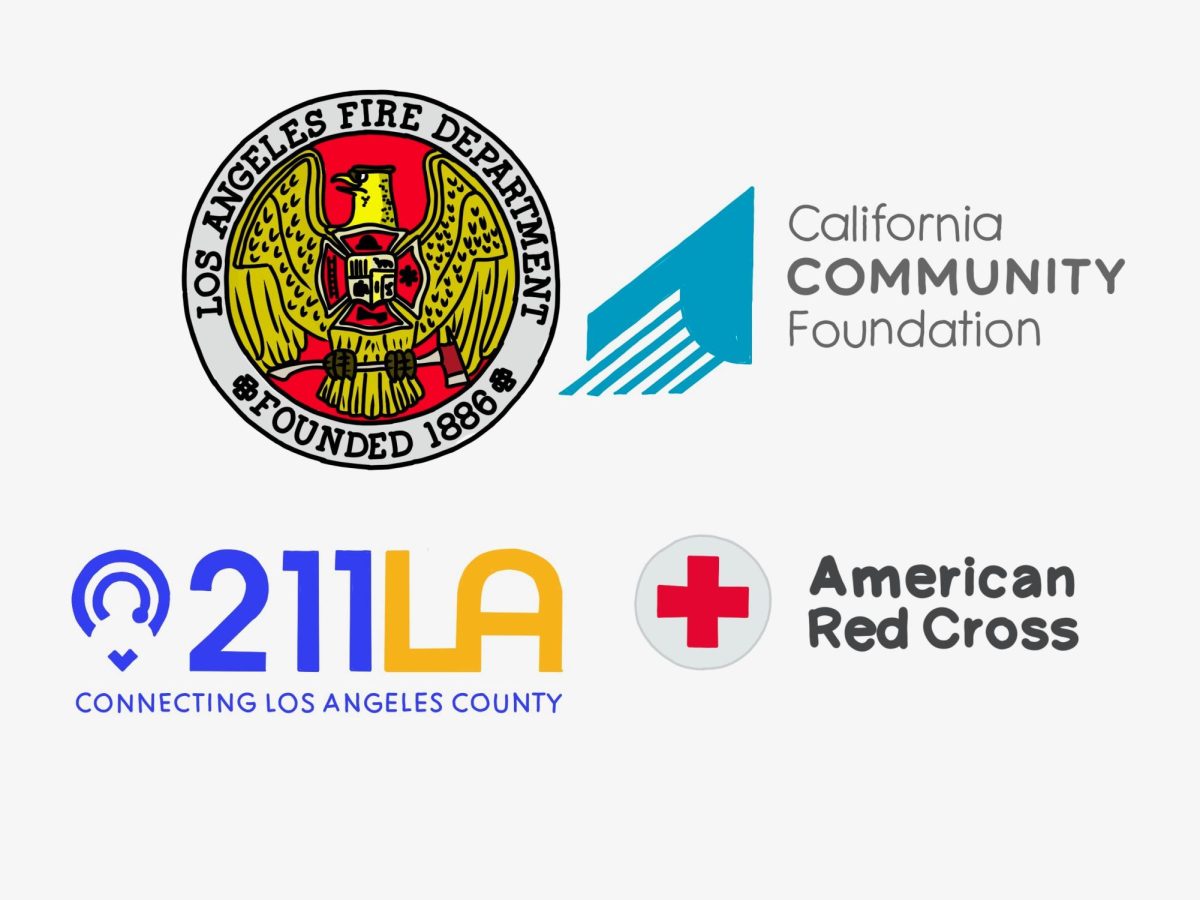After school ends, many find their post-school freedom short-lived, as countless hours of homework waltz back from the corners of students’ brains. But alas, once at home, many may feel as though they have been struck by writer’s block, mathematics’ block, linguistics’ block, and about every other block possible, except an entertainment block. Hours of procrastination lie within the somewhat disregarded documentary section of Netflix: the perfect place where one can be educated while neglecting their given education. These informational films cover a wide breadth of topics and genres, including biographies, true crime, politics and science. If you are looking for a way to procrastinate without the guilt, here are the highlights of each genre:
Biographies
“Inside Bill’s Brain: Decoding Bill Gates,” a three-part docu-series by David Guggenheim, explores the achievements of multi-billionaire Bill Gates. Gates is well known for his net worth of $105 billion and the founding of Microsoft, however, his wide range of humanitarian projects are relatively unknown by most. The series flips back and forth between his childhood and his largest philanthropic projects: the Omni Processor, Global Polio Eradication Initiative and TerraPower. However, since the film covers a wide array of subjects, viewers can get lost in the quick transitions. While at times difficult to follow, this chaotic style was designed to replicate the thought process of Bill Gates’ mind, adding an impactful artistic element. Additionally, the film is interesting because it sheds light on STEM-based humanitarian aid, a field mainly comprised of liberal arts-focused visionaries. The STEM approach to these problems is rooted within their causes and solutions; rather than trying to ignite worldwide change, the field attempts to solve problems one by one in a slow, yet progressive way.
True Crime
“Abducted in Plain Sight,” directed by Skye Borgman, investigates the circumstances of the shocking two-time kidnapping of 12-year-old Jan Broberg in 1974. Composed of cinematic reenactments, Ken Burns-style photographs and audio files, the documentary seems more like a seventh-grade iMovie project than a Netflix film. While not the strongest in regards to production, it is certainly rich in narrative, leaving the viewer in disgust at every turn of events. Additionally, the movie has an array of sentimental interviews from Jan Broberg and her family. Hearing the story directly from those who went through it provides an emotional allure, which emphasizes the rawness of this true story.
Politics

Stone struts his iconic “Harry Potter on a sunny day” glasses.
“Get Me Roger Stone,” a 2017 documentary by Dylan Bank, Daniel DiMauro and Morgan Pehme explores the life and irresistible personality of “the man behind the devil,” Roger Stone. The film explains Stone’s influence as a political strategist on various republican political campaigns and presidencies, such as Richard Nixon, Ronald Reagan and Donald Trump. Stone is infamous for his evolutionary changes to the Republican party, such as the creation of the “bully” approach to politics and the modern sleazeball lobbyist. Stone’s unique personality captivates the audience and carries this film. It is narrated by Stone himself and structured around “Stone’s rules,” a list of Machiavellian, cutthroat rules that Stone lives by. While normally this would be an absurd and undoubtedly biased way of making a film, Stone depicts himself in a way that is equally, if not more, grotesque than his enemies’ descriptions. This is suiting, as he is a self-proclaimed “agent provocateur.” The film does a great job of providing context to Stone’s innumerable political misdemeanors. However, instead of condemning them, they are used as a framework for understanding his complex public persona.
Science
The science section is undoubtedly the largest and most diverse documentary genre on Netflix. “Our Planet,” an environmental science docu-series, stood far apart from the rest due to its impactful cinematography and soundtrack, both inflicting fear and inspiring change. Created by the same team as the BBC nature series “Planet Earth,” this eight-part series took four years to complete, using over 600 cinematographers to capture the endless wildlife shots. While similar to “Planet Earth” in subject matter, the series is directed to educate viewers on the human impact on ecosystems, rather than ecosystems as a whole, showcasing the real-life horror story that is our current climate situation. BBC’s scientific approach to understanding the climate crisis paints a picture in a surprisingly emotional way that no viewer can ignore. Showing the beautiful ecosystems on Earth and then displaying their destruction by humans manifests guilt and responsibility within viewers in hopes to create change. This documentary will bring tears to the eyes of any viewer in a way that few other educational films can.







